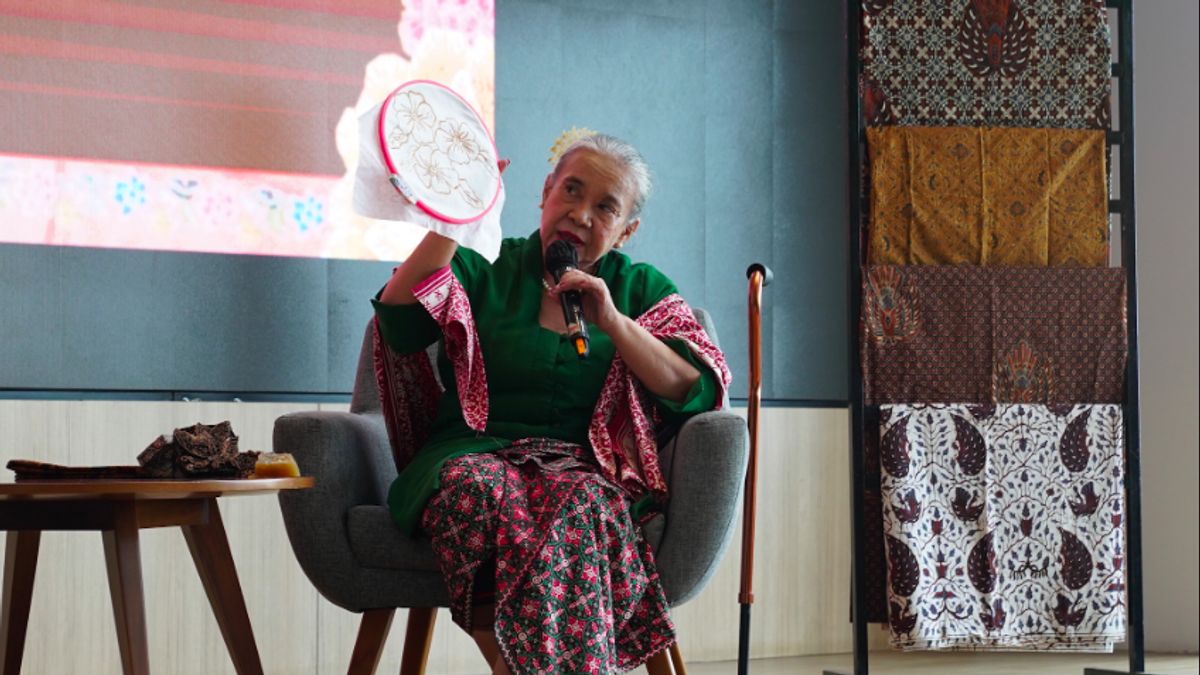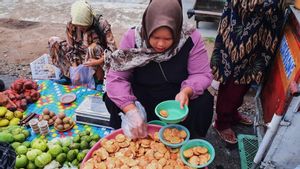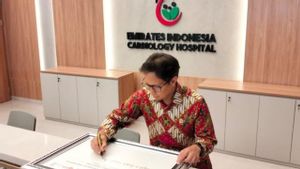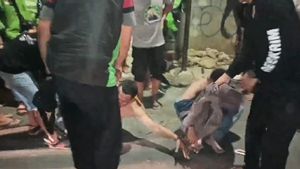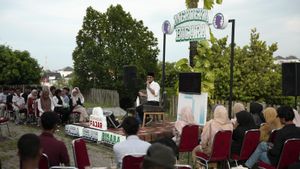JAKARTA - Batik is often defined as a typical Indonesian cloth that has iconic motifs. However, please note, batik and cloth with batik motifs are two different things.
The founder of Griya Peni as well as a batik activist, Indra Tjahjani, said that batik is not a cloth but a process of making candles or night-based motifs that are heated, then coated or submerged.
If it does not go through the process, it cannot be said to be batik, but rather it is called a cloth with batik motif.
"If the process of making it is to use an heated night or candle first, then use a canting and dip, that's what is called batik," said Indra Tjahjani when met in the Kuningan area, South Jakarta, on Wednesday (2/10/2024).
"If it doesn't use hot nights, it's not called batik. Maybe textiles or cloth with batik motifs," he added.
Batik is also rich in motifs that have different meanings. The wealth of this batik motif that made it named an Intangible Cultural Heritage by UNESCO in 2009.
UNESCO's 'confession' was obtained because Indonesian batik is rich in meaning and symbols. In connection with social status because people used to wear batik, we can find out where they came from. Whether he is a palace or merchant, or a fisherman, a farmer. Did he come from Yogyakarta or Solo, it can be seen from batik, "he explained.
Batik motifs are usually attached to local wisdom where they come from. However, currently batik in general has become a national identity and lifestyle for Indonesian people.
"Then related to local wisdom, the last one is national identity. Maybe now batik is a lifestyle," he said.
Then Indra Tjahjani also showed several batik motifs, complete with their respective meanings. One of them is Batik Batik, which is usually used for bride and groom.
This is a nitik motif. This is a scratch (a picture on a batik cloth). Why is it called a claw, so that the bride and groom will be easier to support their family. There is a motif that symbolizes the Garuda Indonesia bird as additional decoration. The meaning is to give strength," explained Indra Tjahjani.
The English, Chinese, Japanese, Arabic, and French versions are automatically generated by the AI. So there may still be inaccuracies in translating, please always see Indonesian as our main language. (system supported by DigitalSiber.id)
